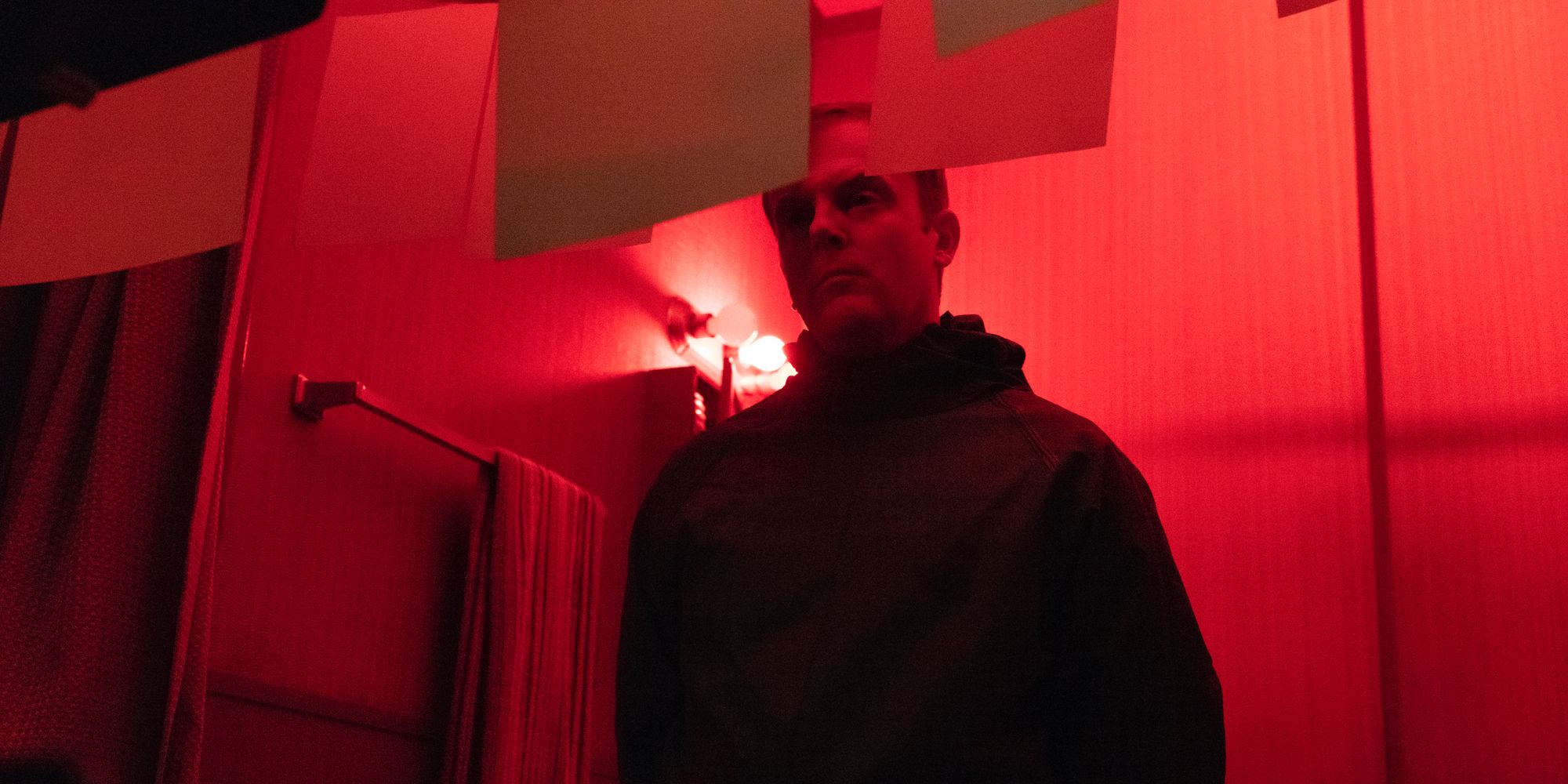In its third and final season on Netflix (and probably anywhere), Marvel’s Jessica Jones is also the last TV series from the House of Ideas to have new episodes on the streaming service. It’s understandable, then, that the series about the super-strong, hard-drinking P.I. would want to make every minute count and delay the inevitable for as long as possible. But in doing so, the series, which comes from a long line of notoriously overlong and uneven seasons of middling superhero shenanigans that once included Iron Fist, Luke Cage, The Punisher, Daredevil (let’s just say, season 2), and the disappointing The Defenders miniseries, feels more like it’s loitering when it should be going out with a bang.
It’s not really anything new for the series, which after a good, but (again) overlong first season that made great use of its main character’s traumatic history with David Tennant’s Kilgrave — one of the few compelling villains to come from the Marvel/Netflix collaboration — Jessica Jones stumbled in season 2. The series delivered a plodding, go-nowhere story that not only squandered a talented actor like Janet McTeer, as Jessica’s surprisingly not dead and super-powered mother Alisa, but ended with her death at the hands of Rachael Taylor’s Patricia “Trish" Walker, aka the one Marvel/Netflix character more insufferable than Danny Rand.
Jessica Jones has a large ensemble cast, but only a handful of those characters (a pinch, really) are capable of driving and sustaining a plot line separate from the main narrative. And as badly as the show wants to make the Trish Walker/Hellcat thing a thing, much like the word “fetch,” it’s just not going to happen. The same goes for Carrie-Anne Moss’s Jeri Hogarth and Eka Darville’s Malcolm Ducasse, who are saddled with a doleful storyline that sees them ruin a guy’s life (he’s not a great guy by any means) for ostensibly selfish reasons. Those reasons and the ramifications of their actions are tenuously tied to the final season’s overarching theme of how a hero becomes a hero — is it a choice or is it something thrust upon an individual whether they want it or not?
Usually, a sizable supporting cast helps take the storytelling burden off the main character. In the case of Jessica Jones, however, the supporting characters glaringly exist not as individuals the audience is expected to care about, or who help make the show more compelling and thoughtful, but rather as a means by which the series can fill up the 13 hours of streaming real estate it’s contractually obligated to occupy. That is particularly obvious in the case of Jeri, who, despite being played by the talented and captivating Moss, grinds the show to a halt every time she’s on the screen. Much of that is due to the fact that Jeri’s story is so far removed from what’s going on in the rest of the season (which, admittedly, isn’t much for the first four hours or so) that she’s effectively on an island when it comes to her influencing events for Jessica, Trish, or anyone with the exception of Malcolm, who assists her in pursuing a romantic relationship with a woman from her past, with devastating results.
Yet, as much as Jeri and Malcolm exist only to pad the season’s runtime, they’re not bad characters in the same way Trish is one of the most frustrating and inane characters in recent television history. That’s not saying much given the glut of content currently floating around for consumers to grab (or ignore completely) but it’s worth noting that Trish could go toe to toe with the worst that television has to offer and stand a chance of coming out on top (or bottom, really). It’s not clear if the show’s writers think Trish is an obnoxious dimwit — and that the audience should too — or if they’re legitimately trying to sell her to viewers as a person who believes murdering her best friend’s mother (raging monster though she was) is an auspicious first step toward her burgeoning career as a superhero.
This might not have been much of an issue if the series didn’t view Trish as its ostensible co-lead in season 3, going so far as to devote an entire hour to watching her develop some crime-fighting parkour skills on an NYC playground before donning a costume that can only be described as “thrift store chic.” Making matters worse is the fact that the hour follows an otherwise intriguing and entertaining season premiere that introduces Benjamin Walker (Abraham Lincoln: Vampire Hunter) as Erik, a seemingly smarmy one-night stand who inadvertently introduces Jessica to the season’s villain, Gregory Salinger (Jeremy Bobb, Russian Doll), a serial killer who soon finds himself in a battle against the bourbon-loving investigator and her all-too-eager sidekick, Patsy.
But it takes almost four hours before Salinger is even properly introduced, much less established as the season’s villain. And while watching Jessica Jones square off against an intelligent and unstable adversary, one who takes pleasure in killing people with Dexter-like levels of thoroughness, Jones v. Serial Killer is a concept that has about four hours (probably less) of actual story to tell. So what’s a show to do with the extra nine hours at its disposal? Well, Jessica Jones season 3 spends that time with Jeri as she seduces a married woman by publicly revealing her husband’s various misdeeds, or with Malcolm as he frets over his involvement in said reveal, and with Trish as she repeatedly fails to comprehend why killing her best friend’s mother put a strain on their relationship.
Though it began as the one Marvel/Netflix series with the most potential, Jessica Jones has seen its quality dip precipitously with each subsequent season. And while Krysten Ritter is again terrific as the title character, and Bobb brings an unsettling quirkiness to his turn as an absurdly evil serial killer, the series’ other characters and subplots serve as little more than unnecessary obstacles to what is essentially a short, but darkly entertaining cat-and-mouse thriller. Viewers can still get something worthwhile out of Jessica Jones season 3, all they have to do is fast forward past the parts without Jessica Jones or Gregory Salinger.
Jessica Jones season 3 will stream exclusively on Netflix beginning Friday, June 14.



